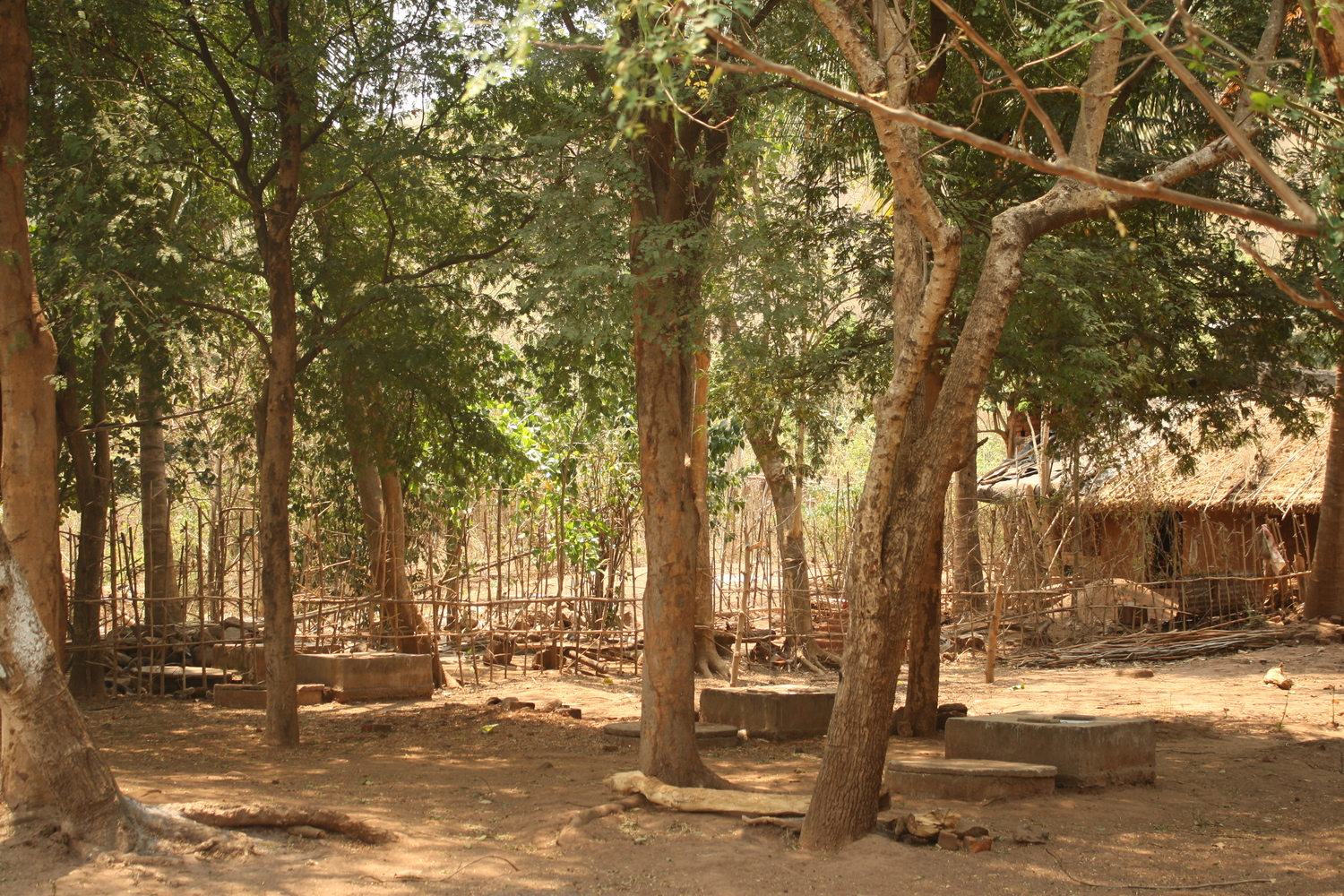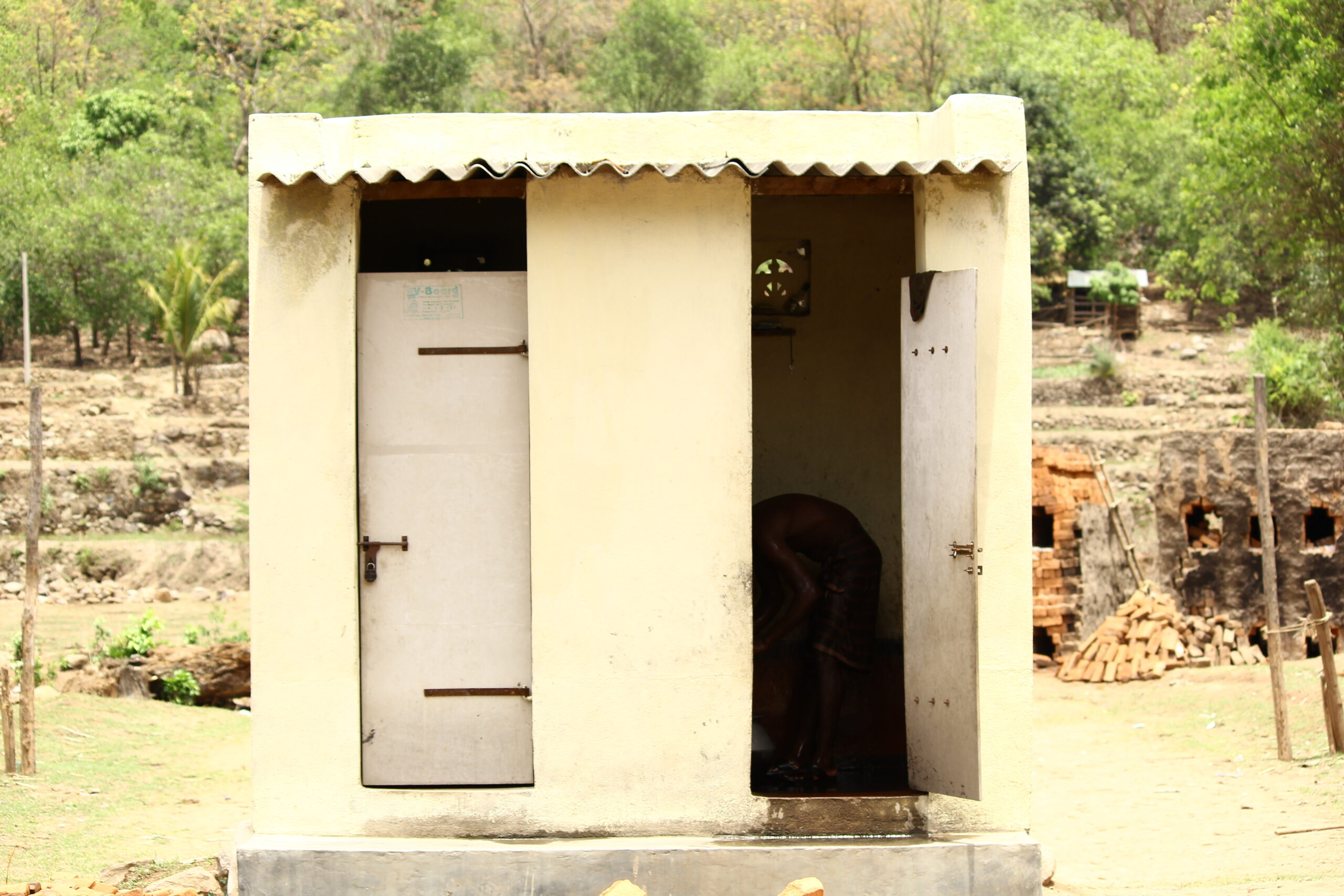Where Would You Go?
16.11.15
By subscribing to our newsletter, you give us permission to email you with news of our work and events, plus opportunities for volunteering, challenges to take part in and special offers in our shop. You can unsubscribe any time by clicking the link in our email footer.

16.11.15

If you didn’t have a toilet, where would you go?
No really, if you didn’t have a toilet at home or in your place of work right now, what would you do?
We get so used to hearing the statistics about how many people don’t have access to water and/or a toilet that we forget what it actually means. Our India Coordinator Praveena said this the other day and it really made me think.
If we didn’t have a toilet here at work, what would I do?
I could go to one of the neighbours, but what if they didn’t have a toilet either?
I could go to the local café, but there’s a big sign on the door saying ‘patrons only’.
Then I would need to walk to the centre of town to the public toilets, but they’re often locked.
If I was a man, I would probably have found a quiet corner by now.
As a woman, it’s harder. That’s why so many of women wait until dawn or dusk and go together somewhere in a group for safety.
That’s a long time to wait.
For some women, it’s even more difficult than others. Young women miss school when there are no toilets. As we get older, we can’t walk so far anymore. Women from oppressed caste groups might be hassled or prevented from going to particular areas.
It’s not an easy problem to solve because it’s not just a question of building toilets. They have to be built properly, people need to know how to and why they should use them and perhaps most importantly, they need to be maintained.
Otherwise you end up with this ‘graveyard’ of toilets that we came across in Odisha – half finished slabs built into the ground then abandoned. In this case, a local official perhaps felt the pressure to hit a target, build a certain number of toilets, regardless of whether the toilets were workable or used in the end.

Still, it’s possible. Last year, we worked with our partner Gram Vikas in Odisha to help five communities ensure that every household in the village has a safe water supply, toilet and bathing room.

It means working together, working together as a community, working together with the government and working with joint purpose. And for the people in these villages, it has meant not only less waterborne disease but also relief from other worries.
One man told me that the main reason that he was now happy to have a toilet was because of the mosquitoes. No one wants to go to the toilet in the dark outside when there are mosquitoes around, and you definitely don’t want to in areas where those mosquitoes also carry malaria.
Thursday 19th November is World Toilet Day. This year’s theme is “We Can’t Wait” because we can’t sit by and wait while 2.5 billion people still have no access to a proper toilet.
Want to join in?
You need to load content from reCAPTCHA to submit the form. Please note that doing so will share data with third-party providers.
More InformationNotifications